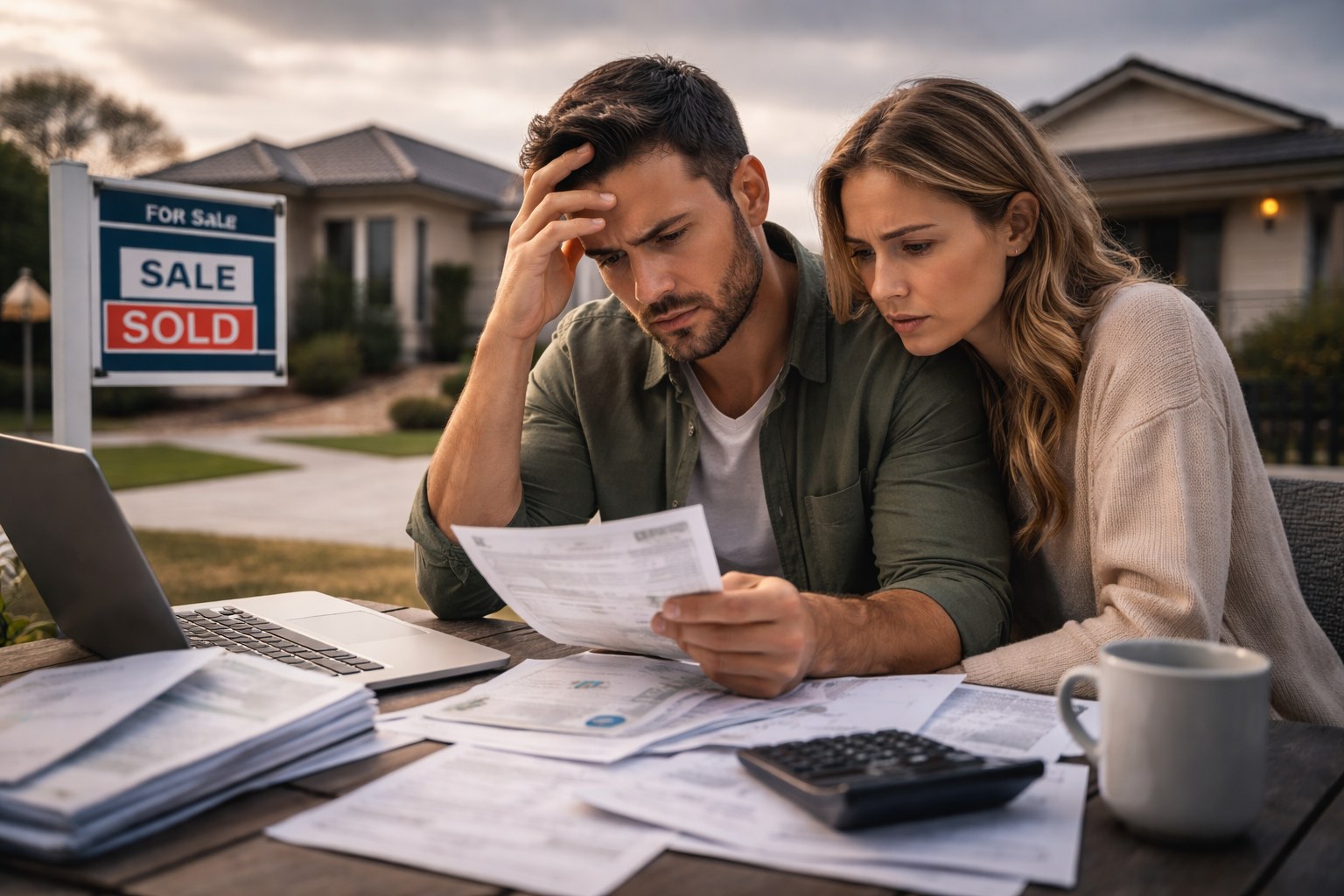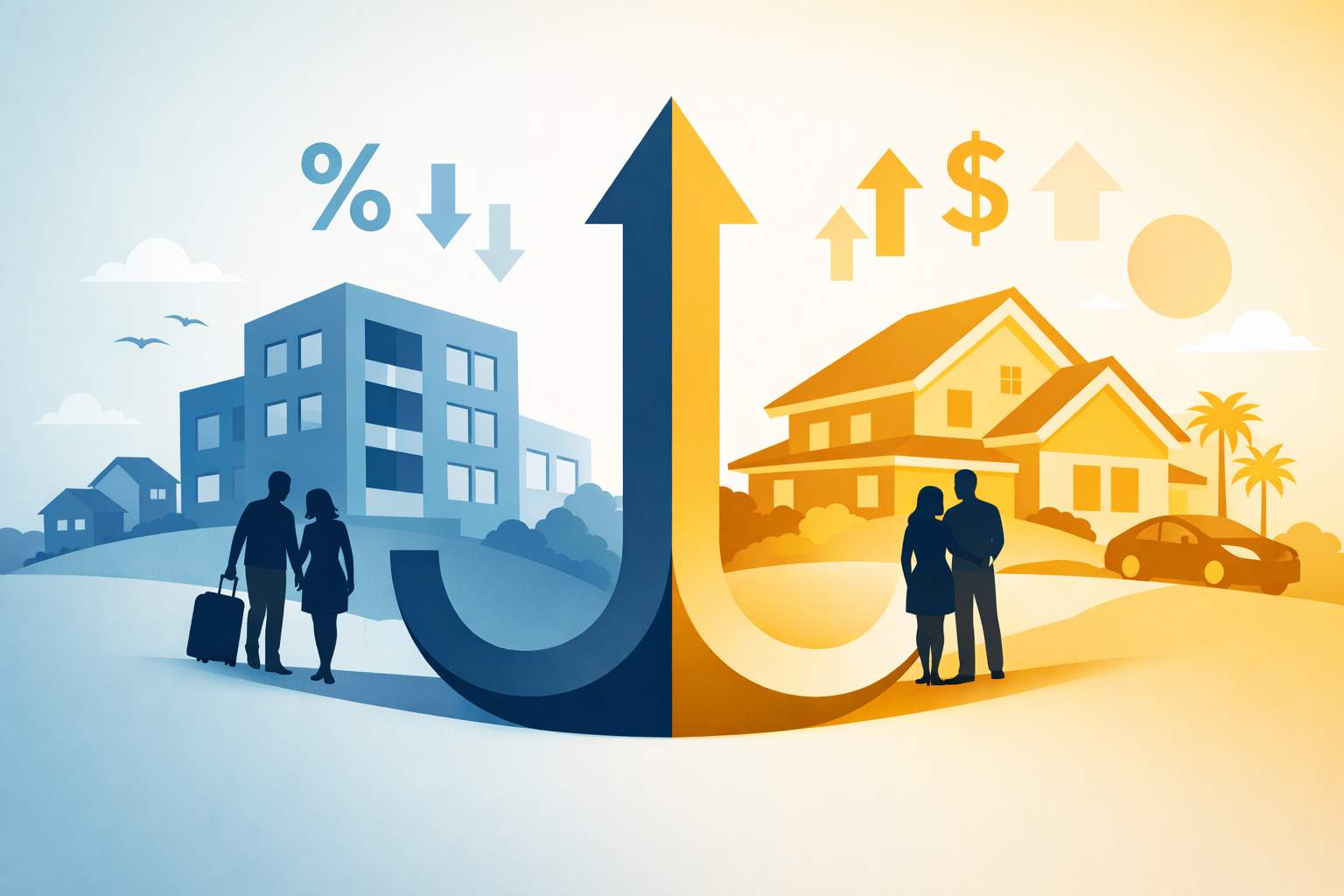Real estate has long been considered a solid investment, offering the potential for both capital growth and steady income through rentals. However, the viability of property investment can fluctuate based on market dynamics. As we navigate through 2024, investors are closely examining the impact of economic factors such as inflation, interest rates, and housing demand on the real estate market. This article explores the current landscape, weighing the pros and cons to help you determine if real estate investment remains a worthwhile pursuit.
The Pros of Real Estate Investment
Potential for Capital Growth
• Long-term appreciation of property values: Real estate often increases in value over time, providing investors with significant capital gains.
• Historical trends supporting property value increases: Historical data consistently shows that property values tend to rise, making real estate a reliable investment.
Steady Rental Income
• Generating passive income through rentals: Properties can generate a steady stream of income through rent, providing financial stability.
• Stability in rental demand: There is a consistent demand for rental properties, ensuring a continuous income flow for investors.
Tax Benefits
• Deductions and incentives for property investors: Various tax benefits are available to real estate investors, such as deductions for mortgage interest and property taxes.
• Benefits like depreciation and interest deductions: Investors can also benefit from depreciation deductions, which reduce taxable income.
Hedge Against Inflation
• Real estate as a tangible asset: Properties are physical assets that hold intrinsic value, making them a safe investment.
• Protection against inflationary pressures: Real estate often retains or increases in value during inflationary periods, protecting investors’ purchasing power.
The Cons of Real Estate Investment
Market Volatility
• Risks of market fluctuations: Real estate markets can be unpredictable, with property values subject to economic cycles.
• Economic factors affecting property values: Factors like interest rates, employment rates, and economic health can impact property values.
Maintenance Costs
• Ongoing expenses for property upkeep: Property ownership comes with continuous maintenance expenses.
• Unexpected repairs and associated costs: Unforeseen issues can lead to significant repair costs, affecting profitability.
Significant Initial Capital
• High entry costs for property investment: Buying property typically requires a large upfront investment.
• Challenges of securing financing: Obtaining loans can be difficult and often requires a substantial down payment.
Liquidity Issues
• Difficulty in quickly selling properties: Real estate is not easily liquidated, making it harder to access invested capital quickly.
• Real estate as a long-term investment: Properties are generally long-term investments, requiring patience and time to realize returns.
Balancing the Pros and Cons
Strategic Planning
• Importance of thorough market research: Conducting detailed research helps investors understand market conditions and trends, enabling better decision-making.
• Long-term investment strategies: Developing a long-term plan is essential for navigating market fluctuations and achieving sustainable growth.
Diversification
• Balancing property investments with other assets: Diversifying investments across different asset classes reduces overall risk and enhances portfolio stability.
• Reducing risk through a diversified portfolio: A varied investment portfolio helps mitigate risks associated with any single asset class, including real estate.
Real estate investment offers several pros, including potential for capital growth, steady rental income, tax benefits, and protection against inflation. However, it also comes with cons such as market volatility, maintenance costs, high initial capital requirements, and liquidity issues. Balancing these factors through strategic planning and diversification is key to making informed decisions.
Visit AbodeFinder to explore how these factors can influence your property investment decisions. Stay informed and make the best investment choices for your future.
















